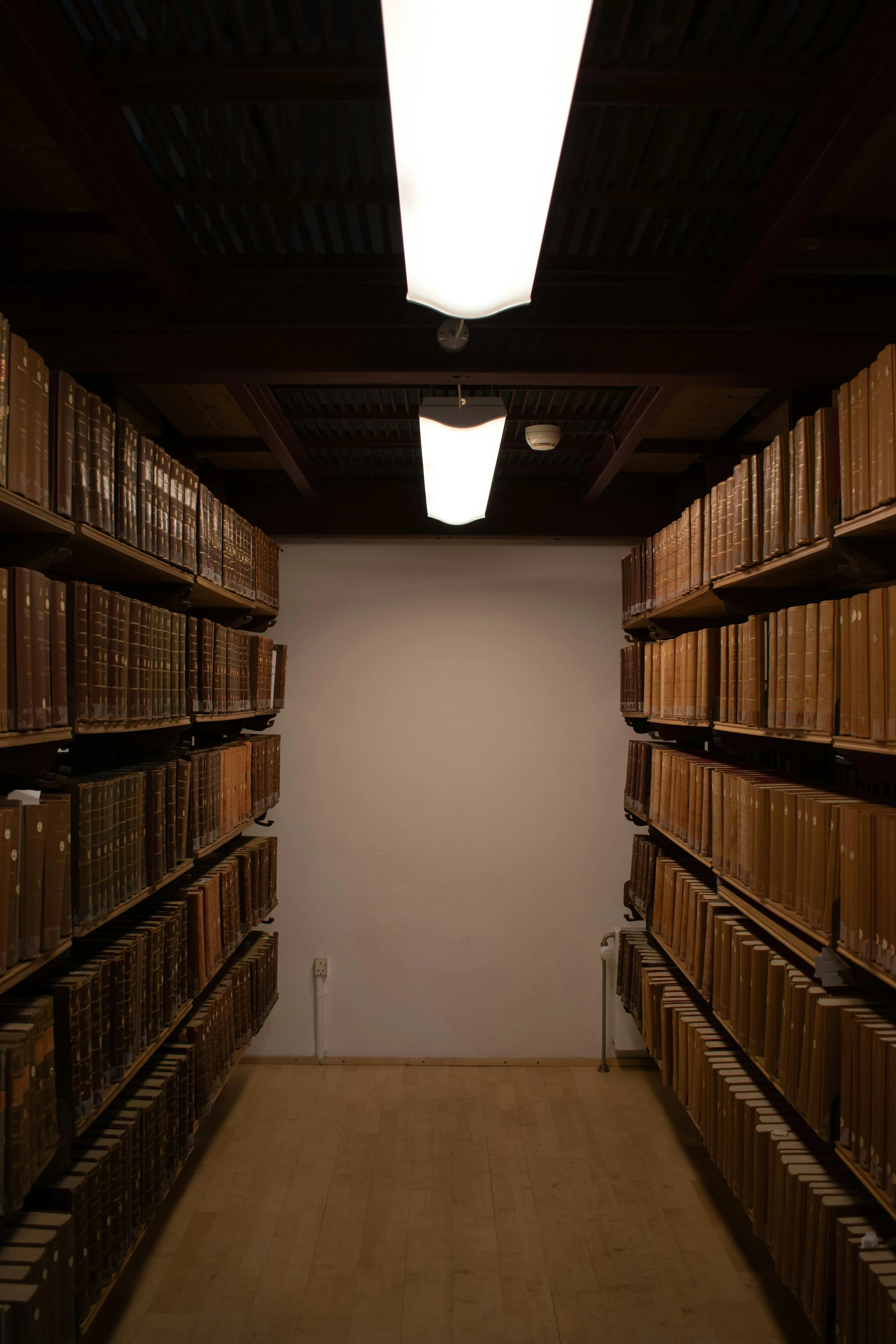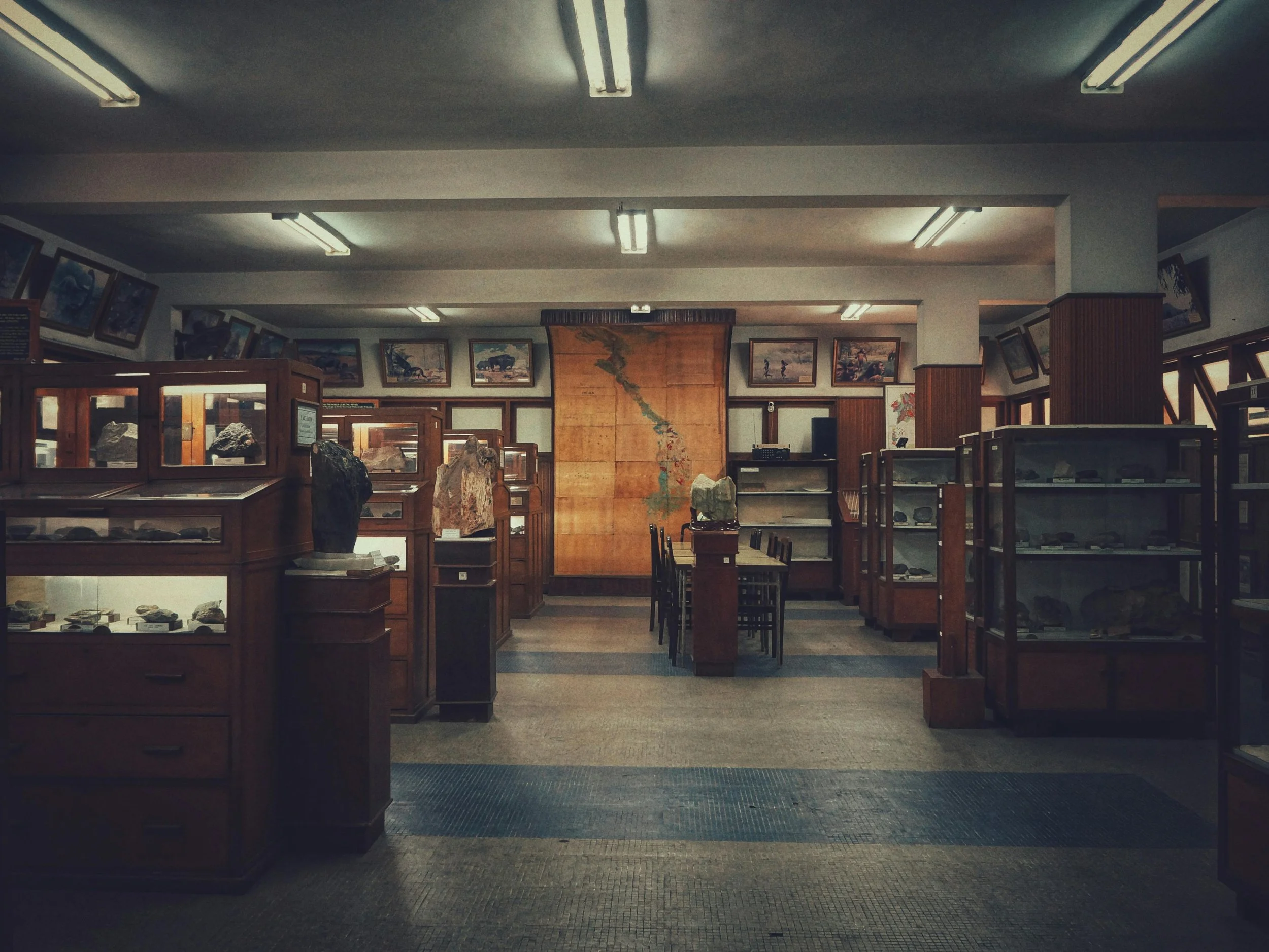University archives are indispensable in preserving academic institutional history, achievements, and cultural legacy.
These archives encompass a variety of materials, from administrative documents and correspondence to publications, photographs, and digital records.
As a fundamental concept, stewardship involves the management of resources entrusted to an organization’s care. Stewardship is more than just safeguarding historical records; it encompasses strategically managing these invaluable materials. Effective stewardship entails ensuring their preservation, organization, and utilization. It is a commitment to protecting the past for the sake of the present and the future, fostering a connection between an institution and its history.
University archives serve as the custodians of institutional memory. They document the evolution of an institution over time, capturing its academic accomplishments and the social and cultural milieu in which it thrives. University archives provide a critical foundation for research, scholarship, and teaching by offering primary sources for academic inquiry. Additionally, archives play an essential role in enabling institutions to demonstrate transparency, accountability, and compliance, as they preserve records related to governance, administration, and decision-making processes.
Transparency and Accountability
University archives are a treasure trove of primary sources for researchers and scholars. They provide firsthand accounts, documents, and records that shed light on historical events, academic developments, and societal changes. By granting access to these primary sources, university archives foster research and scholarship, enabling academics to delve into the past and contribute to the body of knowledge in their respective fields.
Moreover, university archives are pivotal in promoting transparency, accountability, and compliance within academic institutions. Records about governance, administration, and decision-making processes are preserved. This transparency highlights the institution’s commitment to accountability. It ensures that future generations have information to learn from past experiences and make informed decisions.
Effective stewardship of university archives yields a plethora of benefits. By preserving historical records, institutions can maintain a sense of continuity and identity, contributing to a robust institutional reputation. Archives also serve as a bridge between the university and its broader community. They offer community engagement and outreach opportunities, fostering connections between the institution and its alums, scholars, and the public.
Stewardship Challenges
The landscape of university archives, while rich in potential, presents its fair share of challenges, particularly in the era of the digital revolution. While digitization offers opportunities for efficient record-keeping and greater accessibility, it also introduces complexities that archivists must navigate. One of the foremost challenges is ensuring the long-term accessibility and authenticity of digital records. Unlike physical documents, digital records are susceptible to rapid technological changes and obsolescence. To address this, archivists must invest in dedicated resources and state-of-the-art technological solutions, such as digital preservation systems and standardized file formats, to ensure that digital materials remain accessible for future generations.
However, these solutions come with resource constraints, often funding limitations and staffing shortages. The acquisition and maintenance of advanced digital preservation tools and the expertise needed to operate them can be financially demanding. Furthermore, archivists may be stretched thin due to limited staff, so allocating time and expertise to manage digital archives is challenging. In some cases, this can impede comprehensive stewardship efforts,putting the long-term preservation and accessibility of valuable digital records at risk.
Despite these challenges, universities and institutions must recognize the critical importance of addressing the digital age’s unique archival demands. By allocating adequate resources, investing in technological solutions, and prioritizing staff training and development, institutions can better navigate the complexities of digital archives, ensuring the responsible stewardship of their invaluable historical materials.
Responsible Care
Stewardship is the cornerstone of effective university archival management. By recognizing the value of preserving institutional history, supporting academic endeavors, and fostering community connections, institutions can prioritize the responsible care and accessibility of their archives. Embracing best practices and collaborating with stakeholders will ensure that university archives remain vibrant resources for future generations, enabling them to learn from the past and build a more enlightened future.
The blog was originally published on Lucidea's blog.
Get Started
Looking for archival advising, records management, and historical research services? Click below to speak with an expert consultant.






























